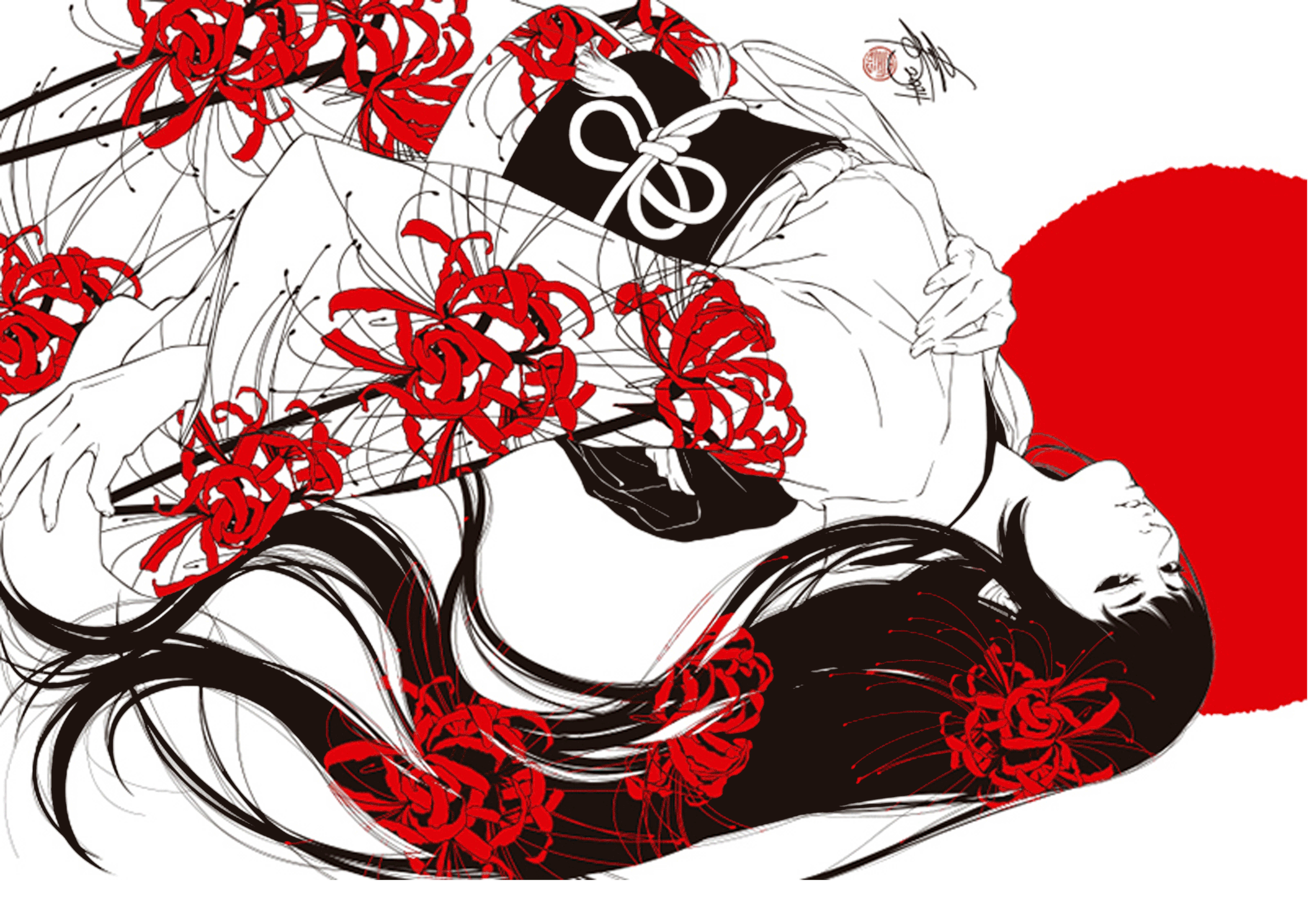When the year 2000 came to an end, everything appeared to be on the up and up for you, didn’t it, Peadar?
Yes, definitely. Work was going exceptionally well and my relationships with women were . . .
Women?
Kei, Xiuying, Dr. Satomi, and my wife. Kei was satisfying my present emotional needs; Xiuying, my present sexual needs; Satomi, the need to think beyond the present . . .
Could you elaborate?
Since Satomi and I had first met at the end of the summer, we got together for dinner every three or four weeks or so. Although I was very attracted to her, I never put any real effort in trying to “woo” her, so to speak.
Why not?
Satomi was different. I wanted to have a relationship with her, but not until I had uncluttered my life.
Divorced, you mean.
Yeah. Or at a minimum, until I had gotten separated. I wanted the relationship to be legitimate, to be founded on honesty rather than lies. If I had slept with her before she knew that I was married, well, it just wouldn’t have been the same. It would have ended up being just one more affair. As a result, Satomi and I would go out for dinner every now and again, hold hands as we walked, kiss good-bye, and promise to meet again. G-rated stuff. At the time, I imagined that she might one day become my wife. But just not yet. Fortunately, Satomi was so busy with her own work, her residency and training, that there was never any pressure. I could, and did, take it nice and slow.
And, as for your actual wife?
Haruka was focused on her March departure and tried to remain on her best behavior till then, mercifully keeping the daily grief of our conjugal life to a minimum. I would learn by and by that there was another reason for her having been so accommodating during those months. But I’ll save that for later.
In early 2001, you got your permanent residence visa, didn’t you?[1]
I did and, let me tell you, it was a huge relief. Now that I had it, I no longer had to worry about what would happen to my visa status if I ever managed to get divorced. More than that, it meant I could leave Japan whenever and for as long as I wanted without having to go through the hassle of re-applying for a visa.[2]
The permanent residence visa ironically meant that you no longer had to reside permanently in Japan.
Exactly!
Did you want to leave?
Not quite, but all of Haruka’s traveling was giving me itchy feet.
Things sound as if they couldn’t have been better for you, Peadar.
At the time, it did seem that way. Even Kei’s husband was supposed to be out of town for a month or so from April.
[1]The Permanent Resident visa is similar to a Green Card in the U.S., but much harder to get. In the past, one had to have lived a minimum of ten years in Japan, having paid taxes, taken part in the national healthcare scheme, and been an otherwise good “citizen” during those years. There were, of course, many exceptions.
[2]This is not quite an accurate description of what the Permanent Resident visa allows under the new system, which requires visa holders to return regularly or forfeit the visa.
The first installment/chapter of A Woman's Hand can be found here.
A Woman's Hand and other works are available in e-book form and paperback at Amazon.
